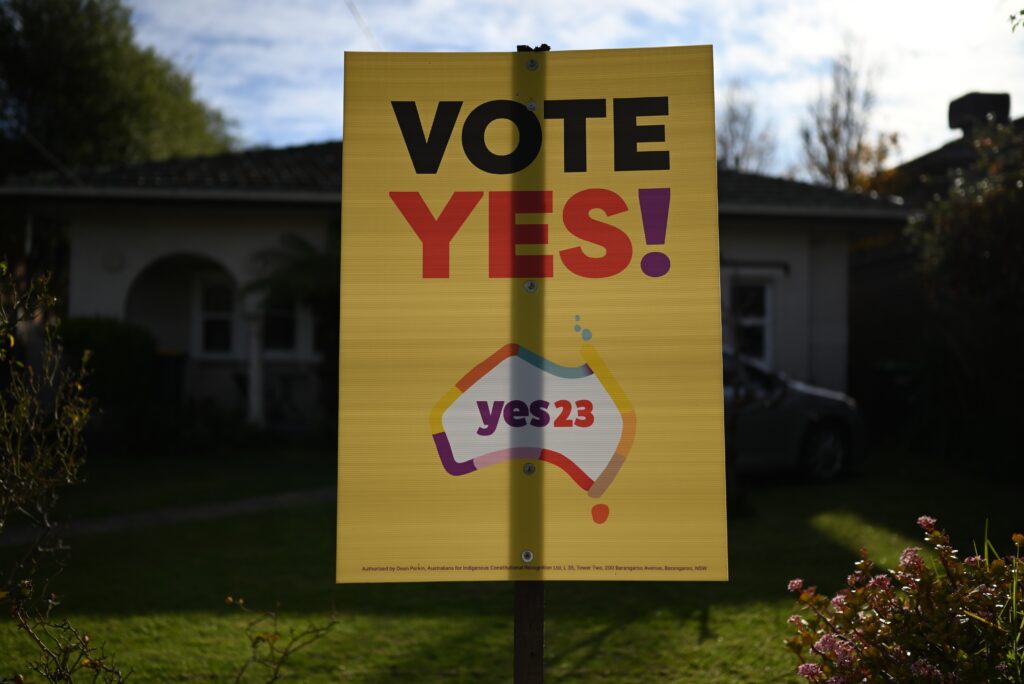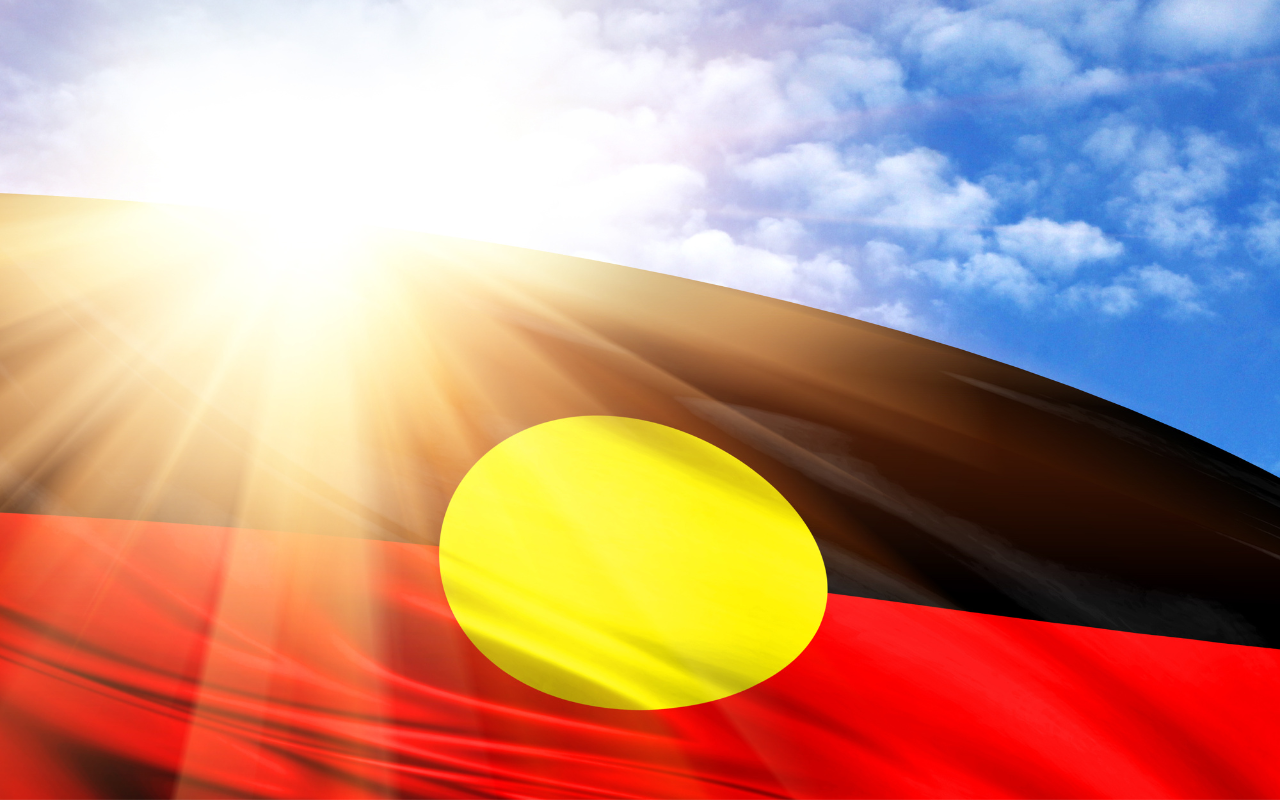The Medical Journal of Australia has published an editorial, supporting an Aboriginal and Torres Strait Islander Voice to Parliament.
New approaches are needed which place Aboriginal and Torres Strait Islander communities at the heart of discussions and decision making about their futures, according to the editorial published today.
The editorial, authored by the MJA’s Editor-in-Chief Professor Virginia Barbour, said the MJA had a fundamental role in promoting and supporting what is best for Australian health and practice.
“As you form your own positions, we encourage our readership of health practitioners and researchers, and organisations across Australia, to weigh arguments for and against the Voice in an evidence-led manner that centres core public health principles of equity, justice, and recognition of the upstream determinants of health,” Professor Barbour wrote.
The health outcomes in Aboriginal and Torres Strait Islander populations during the coronavirus disease 2019 (COVID-19) pandemic provide an outstanding example of how outcomes are best when Aboriginal people have a voice, the editorial said.
“Aboriginal Community Controlled Health Organisations coordinated the response from the National Aboriginal Community Controlled Health Organisation down to remote communities,” Professor Barbour wrote.
“As a result, the health gap was reversed in the first year of the pandemic, with Aboriginal and Torres Strait Islander populations experiencing six times fewer cases than the non-Indigenous population, and no recorded deaths (here and here).”

The need for new approaches
Current health care structures and processes do not meet the needs of the Aboriginal and Torres Strait Islander population, the editorial said.
“New approaches, which place Aboriginal and Torres Strait Islander communities at the heart of discussions and decision making about their futures, are clearly needed,” Professor Barbour said.
The editorial refers to recent comments by GetUp! CEO Larissa Baldwin about the need for a Voice to Parliament.
“We know that by expanding our democracy and seeing First Nations people with a seat at the table, that’s a gift that we can give to the rest of the country,” Ms Baldwin said.
The editorial also refers to the recent National Press Club address by Minister for Indigenous Australians, the Hon Linda Burney MP.
“I will ask the Voice to consider four main priority areas: health, education, jobs and housing,” Minister Burney said in July 2023.
Supported by other organisations
Many other health and medical organisations have also announced their support for the Voice to Parliament, Professor Barbour wrote.
“In the health sector, many organisations including the Lowitja Institute (here), the Australian Indigenous Doctors Association (here), the Royal Australasian College of Surgeons (here), the Australasian College for Emergency Medicine (here), the Royal Australasian College of Physicians (here), the Australian Medical Association (here), and other prominent medical and research organisations have shown leadership and have expressed support for the Yes vote, as have many universities and the Australian Academy of Health and Medical Sciences (here),” the editorial said.
Background to the referendum
The call for a referendum on the Voice to Parliament originated with the 2017 Uluru Statement from the Heart.
Representatives from more than 250 Aboriginal and Torres Strait Islander groups gathered to sign the document, inviting Australians to take action to create a better future for Aboriginal and Torres Strait Islander people.
The Voice (whose design principles are outlined here) would be a permanent body, outside of politics, advising the Australian Parliament and its executive on legislation and policy of significance to Aboriginal and Torres Strait Islander peoples.
Earlier this year, the government passed a bill triggering a referendum on the Voice to Parliament.
The referendum is expected to occur later this year, on a date to be announced.
Read the editorial in the Medical Journal of Australia.
Subscribe to the free InSight+ weekly newsletter here. It is available to all readers, not just registered medical practitioners.

 more_vert
more_vert